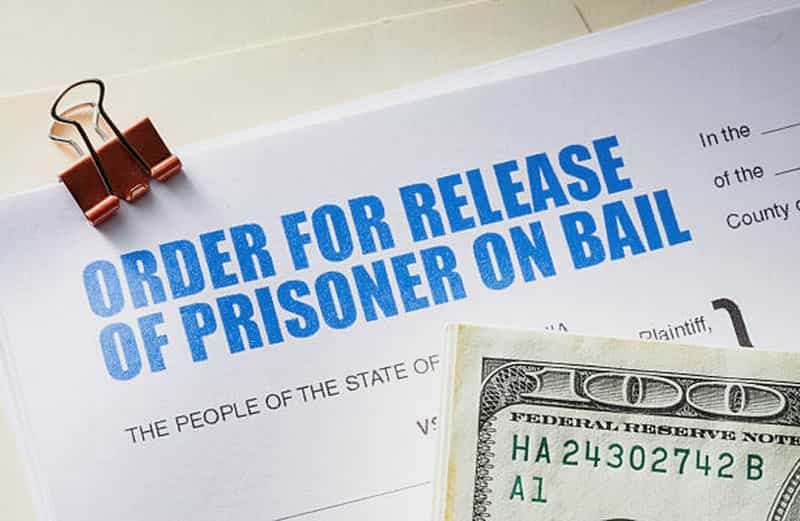There are mainly seven types of bails with different conditions and purposes. Not every arrestee is eligible for each. It is good to learn more about each type to find the best bail option for specific circumstances. Continue reading to learn more about the different types of bail bonds.
Cash Bail Bonds: Arguably the quickest, these bonds are paid by the defendant entirely in cash. If one has enough wealth to post-high amounts of bail at once, freedom before the trial becomes a relatively easy task. On complete attendance on all appointed court dates, the bail money will be refunded completely, regardless of the outcome. Cash bail bonds are nothing but a guarantee to the judicial system that you will not escape or avoid court when not in custody.
However, this is not a suitable option for those who cannot post thousands of dollars as a lump sum payment. For them, surety bonds come to the rescue.
Surety Bonds: For many, a cash bond might not be a viable option because not everyone has ready cash saved up to pay for bail. They may opt for a surety bond that allows them to pay ten percent of the whole bail amount as a fee to a bondsman. It is always better to rely on a city-based bondsman for a quick release.
Property Bonds: Although these types of bail bonds are not accepted in most states, California allows defendants to pledge their property as only collateral for bail.
- Setting up a property bond requires the arrestee to have full unconditional rights over the property in question. Real estate is the most common type, but other options are permissible.
- These bonds can take from days to a few weeks to settle, as opposed to surety bonds which take a few hours. This bail bond involves close inspections and heavy paperwork.
- The property has to be assessed and checked by an appraiser certified by the Office of Real Estate Appraisers. If the defendant jumps bail, the court takes ownership of the posted property as if it were cash bail, as forfeiture.
Citation Release (rare): These bonds can be made available only by the citing officer. Such bonds are legal and written citations, which once paid, allows the defendant to walk free.
Recognizance Release (rare): Although very desirable, these bonds are the rarest type of the bunch. Only when the court has complete trust and faith in the defendant, he gets a release on his Own Recognizance (O.R.). Typically, this is only allowed for alleged misdemeanors. These individuals can await trial without the requirement of any money or collateral.
Federal Bail Bonds (for specific cases): These bonds are used when someone is charged with a federal crime, such as bank robbery or mail fraud, and not usual criminal offenses. Undoubtedly, they are a bit more complicated but not unfamiliar to an experienced bail bondsman.
Immigration Bail Bonds: These are somewhat similar to regular bail bonds, except that they are specifically designed for illegal aliens. One detained by the Department of Homeland Security opts for this type of bail. A reliable bail bondsman, when hired, can guarantee Homeland Security that the alien will attend every Notice to Appear (NTA).
No matter what type, if the bail requires an upfront payment, a licensed, trustworthy bondsman is your guy. Contact your nearest bail bond business and wish away your worries about pretrial release.


